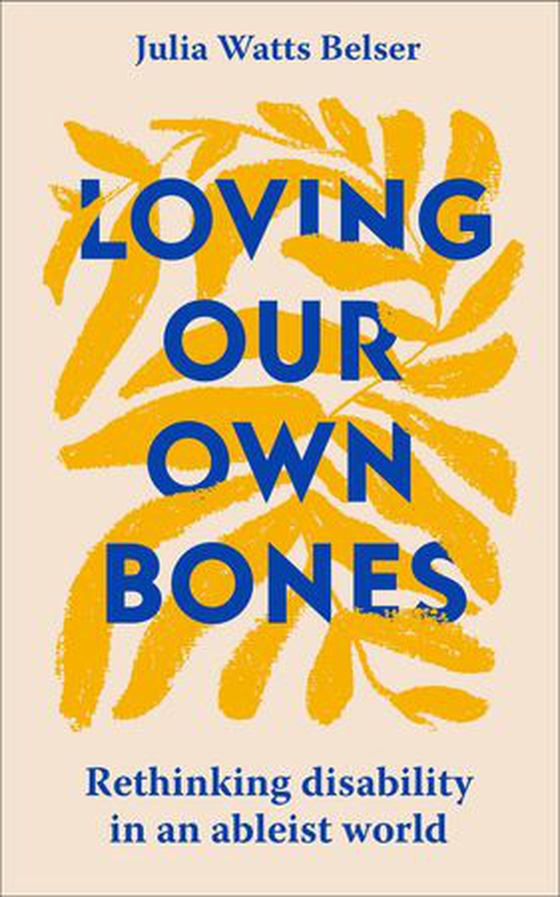Loving Our Own Bones ebok
A 73rd National Jewish Book Awards Winner - Contemporary Jewish Life & Practice Open the Bible, and disability is everywhere. Moses stutters and thinks himself unable to answer God's call. Isaac's blindness lets his wife trick him into bestowing his blessing on his younger son. Jesus heals the sick the blind, the paralyzed, and the possessed. For centuries, these stories have been told and retold…
Andre har også kjøpt
A 73rd National Jewish Book Awards Winner - Contemporary Jewish Life & Practice
Open the Bible, and disability is everywhere. Moses stutters and thinks himself unable to answer God's call. Isaac's blindness lets his wife trick him into bestowing his blessing on his younger son. Jesus heals the sick the blind, the paralyzed, and the possessed. For centuries, these stories have been told and retold by commentators who treat disability as misfortune, as a metaphor for spiritual incapacity, or as a challenge to be overcome.
Loving Our Own Bones turns that perspective on its head. Drawing insights from the hard-won wisdom of disabled folks who've forged difference into fierce and luminous cultural dissent, Belser offers fresh and unexpected readings of familiar biblical stories, showing how disability wisdom can guide us all toward a powerful reckoning with the complexities of the flesh. She talks back to biblical commentators who traffic in disability stigma and shame, challenging interpretations that demean disabled people and diminish the vitality of disabled lives. And she shows how Sabbath rest can be a powerful counter to the relentless demand for productivity, an act of spiritual resistance in a culture that makes work the signal measure of our worth.
With both a lyrical love of tradition and incisive political analysis, Belser braids spiritual perspectives together with keen activist insights-inviting readers to claim the power and promise of spiritual dissent, to nourish their own souls through the revolutionary art of radical self-love.
















